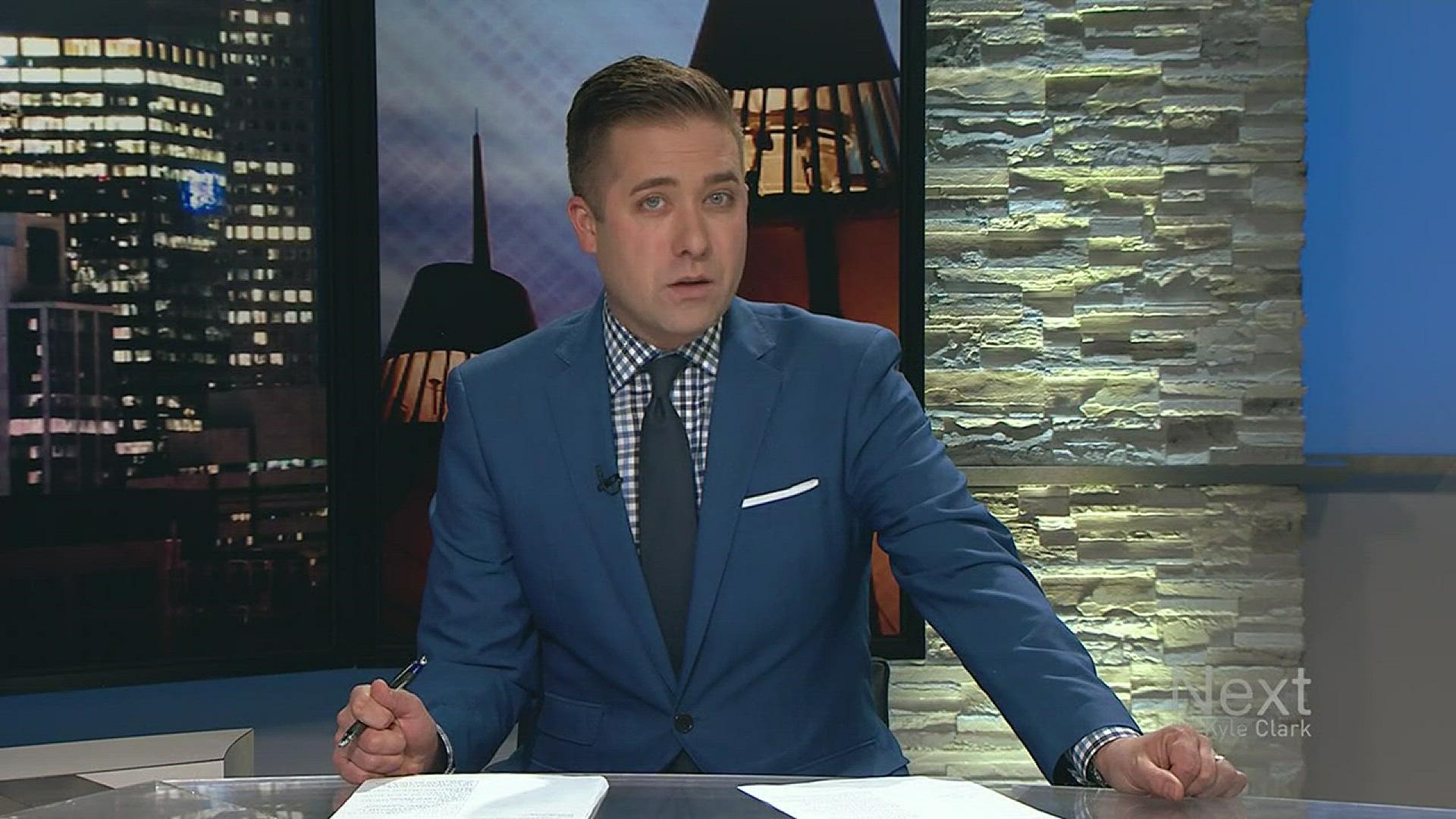After Denver City Council approved an ordinance that would create a "safe injection site" for drug use in the city, many 9NEWS viewers wanted to know exactly how that would work.
While the site has yet to be implemented - a change in state law is needed before the city can do anything - we spoke to supporters of the bill to find out how they envision it working.
Denver City Council member Albus Brooks, who helped write the ordinance, said the supervised injection site will likely be picked by 2019 if the legislature changes state law. He added that private funds would be used to pay for the site and staff.
The Denver City Attorney's Office added that there would be protections put in place so that neither the people using drugs or staff members at the site could be charged with a crime.
"The bill exempts operators and users from our local public nuisances laws and local criminal possession of injection devices," reads a statement from the City Attorney's Office provided to 9NEWS by city spokesperson Theresa Marchetta. "If the state passes a law authorizing safe use sites and to the extent it contains those same immunity provisions, council will likely consider a conforming amendment."
The site would be open to people using a variety of drugs, including heroin, other opioids and cocaine. Council member Brooks also said the plan is to have the resources to test the heroin for fentanyl. Fentanyl is a potent synthetic opioid usually prescribed to treat severe pain and linked to 81 deaths last year in Colorado. That number is up over the previous three years.
Denver isn't alone in pursuing safe injection sites. Other cities looking at similar proposals include San Francisco, Philadelphia, Seattle and several others.
Marchetta told 9NEWS in an email that whatever the state or other cities does to approve or not approve the sites, Colorado "can't immunize against federal law."
The U.S. Department of Justice and the state attorneys for Colorado and Washington state pointed to an op-ed penned by the now-former Deputy Attorney General Rod Rosenstein as a barometer of how the federal government views such sites.
In part, here's what Rosenstein wrote (emphasis added):
One obvious problem with injection sites is that they are illegal. It is a federal felony to maintain any location for the purpose of facilitating illicit drug use. Violations are punishable by up to 20 years in prison, hefty fines and forfeiture of the property used in the criminal activity. The law also authorizes the federal government to obtain civil injunctions against violators. Because federal law clearly prohibits injection sites, cities and counties should expect the Department of Justice to meet the opening of any injection site with swift and aggressive action.
According to KING 5, 9NEWS' sister-station in Seattle, that city's pursuit of a safe injection site is currently sitting in limbo despite some county and city leaders showing support for it.
When reached for comment, U.S. Attorney Annette L. Hayes in Washington said the U.S. Department of Justice's policy is plain when it comes to safe injection sites.
"The department's policy as to so-called safe consumption sites is clear," she said via statement. "My office will handle cases consistent with applicable Department of Justice prosecution principles and use all legal tools appropriate under the circumstances."
Her statement adds that the Department of Justice is focused on limiting the amount of opioids that make it to streets with an emphasis on fentanyl.
"There is no one solution to the opioid epidemic and we continue to pursue all legal avenues to reduce the harm of opioid abuse," the statement concluded.
The Colorado U.S. Attorney's Office told 9NEWS they were still reviewing the ordinance. We are waiting to hear back from Seattle's City Council and mayor.
Council member Brooks told 9NEWS if the federal government intervenes on the city's proposed safe injection site then he'll cross that bridge when he comes to it.
It's worth mentioning that according to Denver Health, of the 2,845 overdose calls they responded to in the past year, more than 40 percent of those have occurred in people's homes.
Here's a breakdown of the rest of the calls:
Street or Highway
29.0%
Place of Business
9.9%
Other Specified Place
4.5%
Airport
3.2%
Public Building
3.2%
Police/Jail
1.5%
Bus Station
1.3%
Doctor’s Office / Clinic
1.2%
Residential Institution
1.2%
To learn more about the supervised injection site ordinance that a lot of the Denver's ordinance is based on, head to this link. Vancouver, Canada has had at least one safe injection site since 2003.

